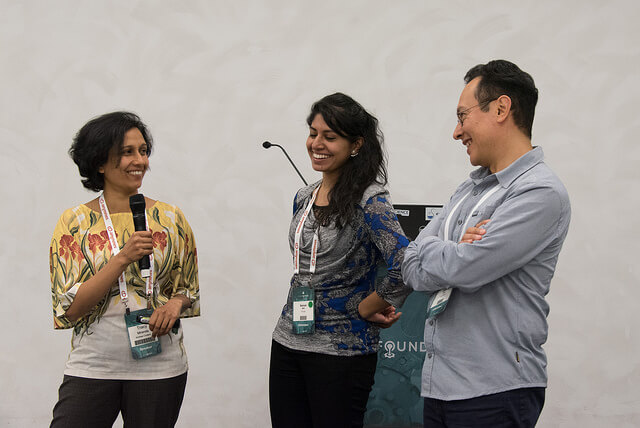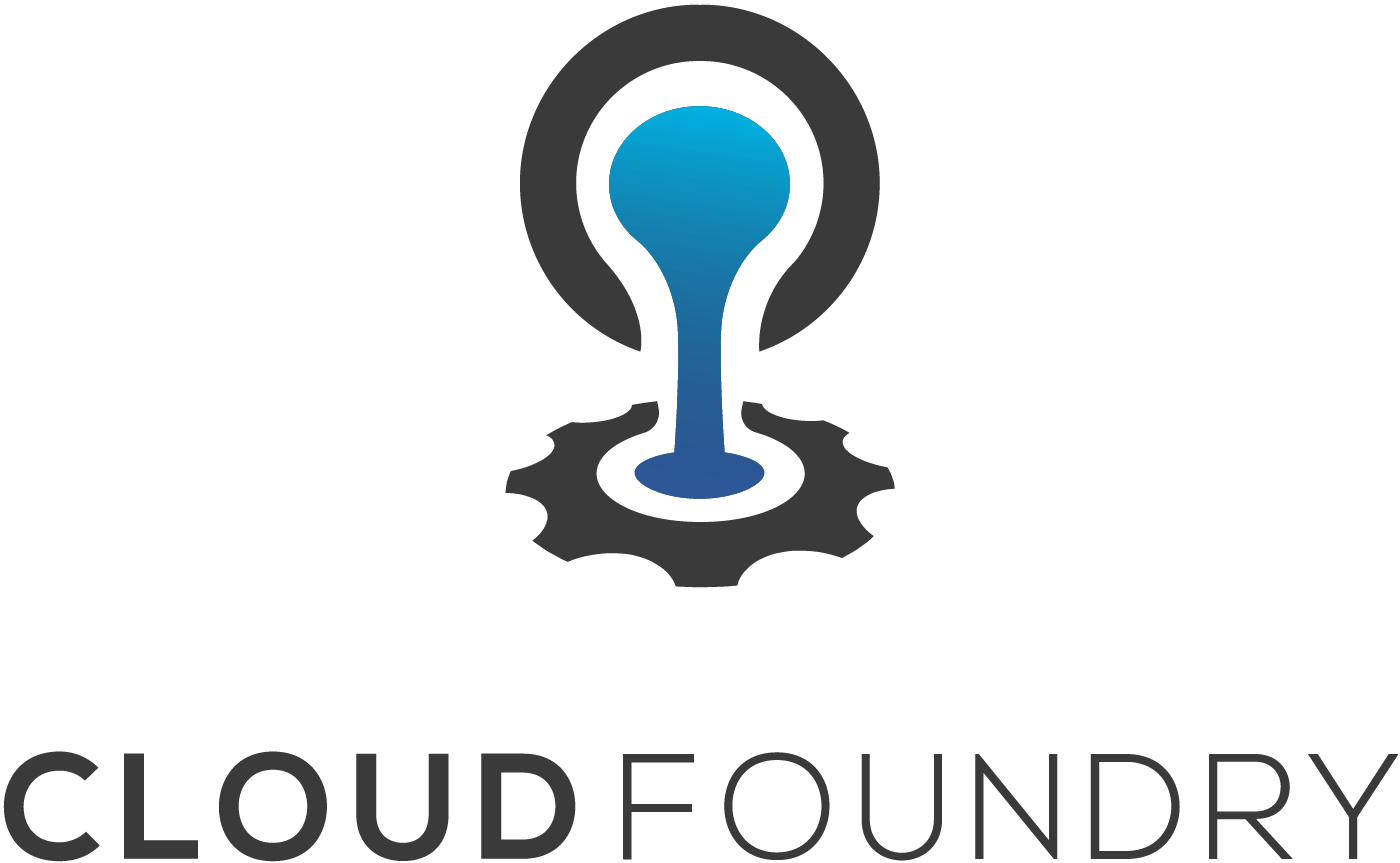Cloud Foundry Summit
The CFP is now closed for Cloud Foundry Summit Silicon Valley.
If you submitted, we will be in touch per the schedule below. Thank you!
Stay Informed
Get our newsletter to receive additional speaking opportunities later this year!
Questions?
If you have questions about your submission, please get in touch.
Dates To Remember
CFP Open: December 15, 2016
CFP Close: March 3, 2017, 11:59 PM PST
CFP Notifications: Week of March 27, 2017
Schedule Announced: Week of April 3, 2017
Slide Due Date: May, 30, 2017
Event Dates: June 13 – 15, 2017
Things to Know Before You Submit
In order to process your submission, please have the following prepared:
- What is submission type (Presentation, Panel, BoFs)
- Conference sessions will be scheduled for 30-minutes.
- Presentations are in a standard conference session format.
- Panel discussions – To be considered, your submission must include details on all panelists
- BoFs or Birds of a Feather Sessions should be conducted as an unconference style working session with audience participation
- What is the category for your proposal. Choose from the following:
– Use Cases
– Core Project Updates
– Experiments
– Extension Projects
– Cloud Native Java: Cloud Foundry is the premier home for cloud native apps. But what are patterns, technologies, and practices that make you successful with Java apps? The sessions in this track take a practical look at how to successfully develop and deploy Java microservices in Cloud Foundry.
– JavaScript
– Cloud Native Node.js: Track will demonstrate the use of Node.js in full stack development and rapid deployment on Cloud Foundry.
– Golang
– Microservices
– Continuous Delivery
– Polyglot-In-Memory Business Apps - Provide a biography, including your previous speaking experience
- Provide a session abstract covering what you would like to present. This abstract is what will be used on the event schedule if your submission is selected.
- Describe who the audience is and what you expect them to gain from your presentation.
- Tell us how the content of your presentation will help Cloud Foundry community.
- Select the experience level (Beginner, Intermediate, Advanced, Any) of those who should attend this session.
- List any technical requirements that you have for your presentation over and above the standard projector, screen and wireless Internet.

Guidelines To Help You Prepare
While it is not our intention to provide you with strict instructions on how to prepare your proposal, we hope you will take a moment to review the following guidelines that we have put together to help you prepare the best submission possible. To get started, here are three things that you should consider before submitting your proposal:
- What are you hoping to get from your presentation?
- What do you expect the audience to gain from your presentation?
- How will your presentation help better the Cloud Foundry platform?
We definitely do not expect every presentation to have code snippets and technical deep-dives but here are two things that you should avoid when preparing your proposal because they are almost always rejected due to the fact that they take away from the integrity of our events, and are rarely well-received by conference attendees:
- Sales or Marketing Pitches
- Unlicensed or Potentially Closed-Source Technologies
There are plenty of ways to give a presentation about projects and technologies without focusing on company-specific efforts. Remember the things to consider that we mentioned above when writing your proposal and think of ways to make it interesting for attendees while still letting you share your experiences, educate the community about an issue, or generate interest in a project.
Sample Abstract
This is your chance to *sell* your talk to the program committee, so do your best to highlight the problem/contribution/work that you are addressing in your presentation. The technical details are still important, but the relevance of what you are presenting will help the program committee during the selection process.
This is the abstract that will be posted on the website schedule, so please ensure that it is in complete sentences (and not just bullet points) and that it is written in the third person (use your name instead of I).
SAMPLE ABSTRACT: Can you Trust Cloud Foundry to Save a Life? To save 10,000? (Tim Savage, Armakuni) The brief: “Never be limited by technology”. The result: They haven’t.Comic Relief, a UK-based charity, run the wildly successful brand Red Nose Day; It consists of 7 hours of primetime live TV, generating in the region of 26 million viewers on BBC 1. Last year their total fundraised was over a billion UK pounds (£1,047,083,706). Since 2012, Armakuni have been using Cloud Foundry to deliver the global payments platform that handles the credit card transactions generated through web and call centre traffic. It’s built to handle up to 400 payments per second, 800,000 in total through the night.
Cloud Foundry is key not only to the development practices that enable the success of the platform through automated testing and continuous delivery, but vitally the scalability and resiliency models that deliver confidence in a solution where feedback cycles are a luxury we just don’t have.
For Panel Discussions: If you are proposing a panel discussion, please make sure that you list all of your potential panelists in your abstract. We will request full biographies if a panel is accepted.
Session Speaker Requirements
& Complimentary Passes
Each session is allowed (1) primary speaker and (1) co-speakers. The primary speaker for a proposal will receive a complimentary conference pass and the co-speaker will receive a discounted conference pass.
For panel discussions, all panelists will receive a complimentary conference pass; maximum 4 panelists and 1 moderator.

